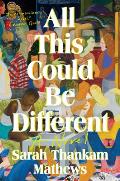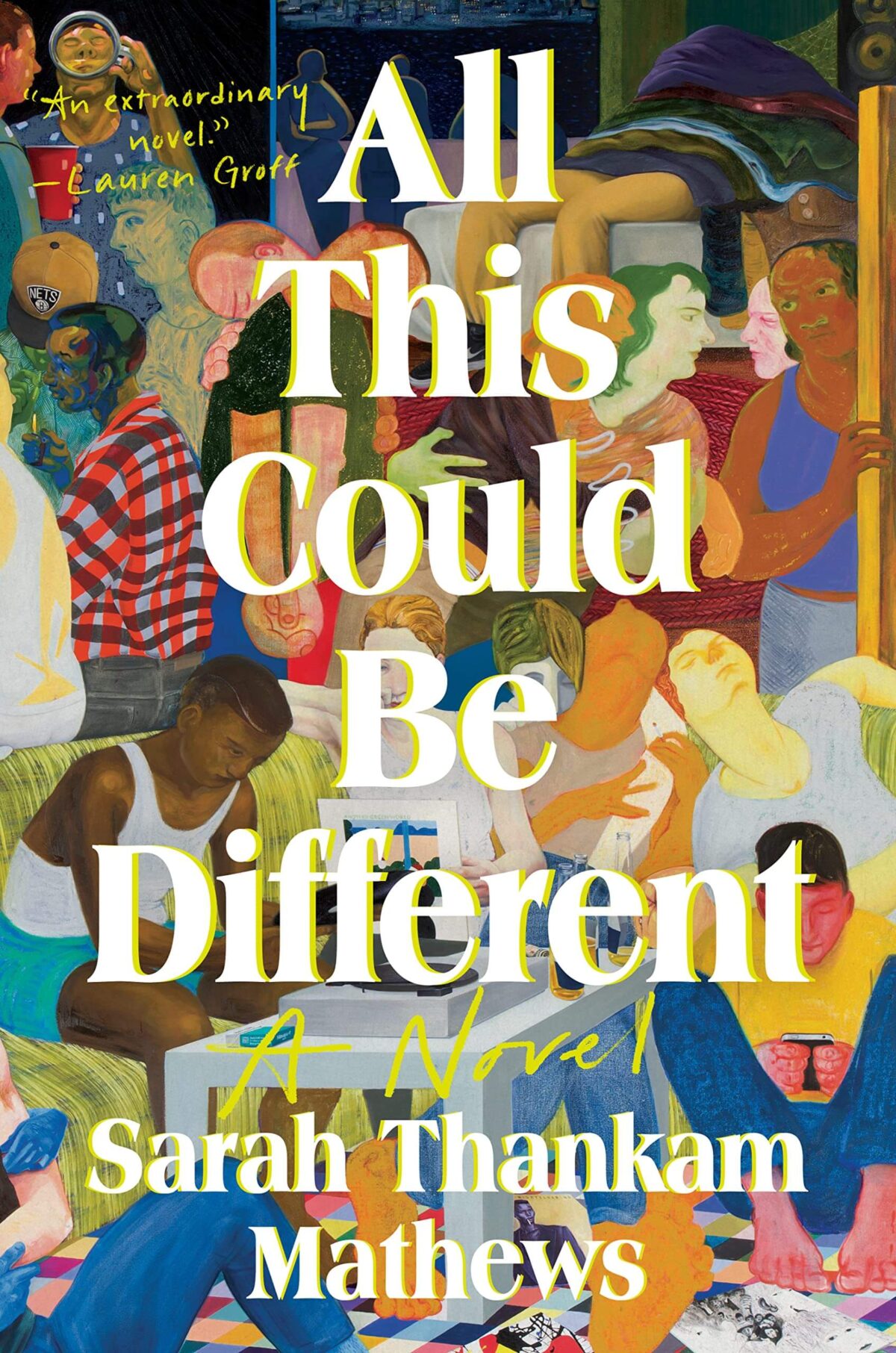

It’s this focus on Sneha’s desires that makes the novel particularly luminous. You are a form of currency, not a person, and only a person has the right to desire, which is to say, to be difficult.” Being difficult is something like being queer: you are defined by your desires, and your desires are “abnormal.” We see Sneha most clearly when she’s out of the corporate world and acting on her queerness - she’s finding ways to be human despite the many dehumanizing expectations of her.

In thinking of her father, Sneha provides a summary of the immigrant experience: “You are here on sufferance. Sneha shoulders the responsibilities of the first-generation child, holding a grueling job she doesn’t believe in, sending money home to her parents whenever she can, and forcing herself to conform to the niceties of the American middle class, which is very white and inhospitable to newcomers. Sneha’s father has been deported to India for crimes he didn’t commit, and Sneha’s mother has followed him, leaving her alone in the United States.

Over the course of the novel - which manages the rare feat of being both lyrical and page-turning - we find out. We wonder how Sneha, a young queer woman thrown into the gray abyss of a Midwestern city, trying her best to tap into the tight-knit (and therefore scarcely accessible) dyke scene, will fare. The two of them move to Milwaukee, where Sneha proceeds to have an unmistakably millennial experience: she lives above a toxic landlord, goes to overpriced gastropubs with Thom and his girlfriend, and tries to meet women online. She brings with her a white college friend, Thom, whose Marxist grandstanding is undercut by the fact that both his parents are doctors. Sneha is “one of the lucky ones,” a twentysomething who, despite graduating into the aftermath of the 2008 economic collapse, still manages to secure a consulting job for a Fortune 500 client. Mathews offers us a panoramic view of mingled desires, fears, and joys that will be familiar to readers of Eliot and Austen, but she does them one better: her novel is about an underrepresented first-generation immigrant, and it’s incredibly gay.

“SCENES WHICH MAKE vital changes in our neighbors’ lot are but the background of our own,” George Eliot writes in Middlemarch, yet “they become associated for us with the epochs of our own history, and make a part of that unity which lies in the selection of our keenest consciousness.” Of the contemporary fiction on offer, there are few better illustrations of this sentiment than Sarah Thankam Mathews’s All This Could Be Different, in which the lives of a group of millennials become fascinatingly entangled in the bitter cold of late-aughts Milwaukee.


 0 kommentar(er)
0 kommentar(er)
